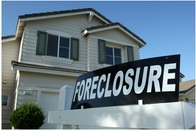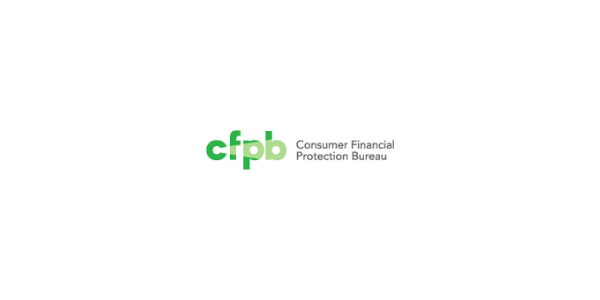
Strong Equity Stakes May Not Prevent Foreclosure Starts

Black Knight Mortgage Monitor report for August 2021 also finds housing market cooling off
- Black Knight research shows just 7% of homeowners in forbearance have less than 10% equity, but the potential for foreclosure activity persists regardless.
- High-equity borrowers are more than 40% less likely to face the involuntary liquidation of their home than borrowers with weaker equity positions.
- Data suggests that many who could sell to avoid losing their homes to foreclosure are not always doing so.
Homeowners may have growing equity stakes in their homes, but those in forbearance may find that it’s still not enough to fend off the foreclosure process.
That’s the latest analysis by the Data & Analytics division of Black Knight Inc., which today released its Mortgage Monitor Report for August 2021. The report is based on the company's mortgage, real estate, and public records datasets.
Black Knight said its research shows just 7% of homeowners in forbearance have less than 10% equity, even after including 18 months of deferred payments, yet the potential for foreclosure activity persists regardless. While homeowners with limited equity were much more likely to be referred to foreclosure during the early stages of the Great Recession, foreclosure start rates on delinquencies 120 or more days past due have been relatively similar, regardless of equity position, since 2010.
"An analysis of our McDash loan-level mortgage performance dataset back to 2007 shows that holding equity in one's home might not be a blanket backstop to foreclosure activity," said Ben Graboske, president of Black Knight’s Data & Analysis division.
"Borrowers with limited equity were much more likely to be referred to foreclosure during the early stages of the Great Recession than those with strong equity positions,” Graboske said. “But foreclosure start rates on homeowners who were 120 or more days past due have been relatively similar regardless of equity stakes from 2010 on, with borrowers in the strongest positions only slightly less likely to be referred to foreclosure.”
So, he added, while there may be some variation in foreclosure activity “based on the equity levels of borrowers who are unable to return to making payments post-forbearance, those with strong equity won't necessarily be immune to foreclosure referral.”
He did note that Black Knight’s data also shows that borrowers with strong equity stakes are more than 40% less likely to face the involuntary liquidation of their homes than borrowers with less equity. But even among borrowers with 40% equity stakes who are referred to foreclosure, some 30% have lost their homes to a foreclosure sale, short sale, or deed in lieu, he said.
“What the data doesn't tell us is why so many people who could avoid involuntary liquidation by selling through traditional channels simply do not end up doing so,” Graboske said. “Whether that's due to lack of understanding of their equity positions or the foreclosure process in general is unclear.”
The report also found that the white-hot housing market — the reason homeowner equity has hit record-breaking heights — is starting to show signs of cooling. According to the Black Knight HPI, annual home price growth slowed from an all-time high of 19.4% in July to 19% in August, the first decline in the rate of annual appreciation in 15 months. Daily tracking data from the company's Collateral Analytics group suggests further cooling in September as well. Any slowdown in appreciation will be welcomed by potential homebuyers, who have seen the monthly payment required to purchase the average priced home with a 20% down, 30-year fixed-rate mortgage increase by nearly 20% over the first nine months of 2021.That brings the average monthly mortgage payment to its highest level since late 2007.
To review the full report, visit www.blackknightinc.com.
In a related report, the MBA said the volume of forbearances has fallen nearly 3%.




